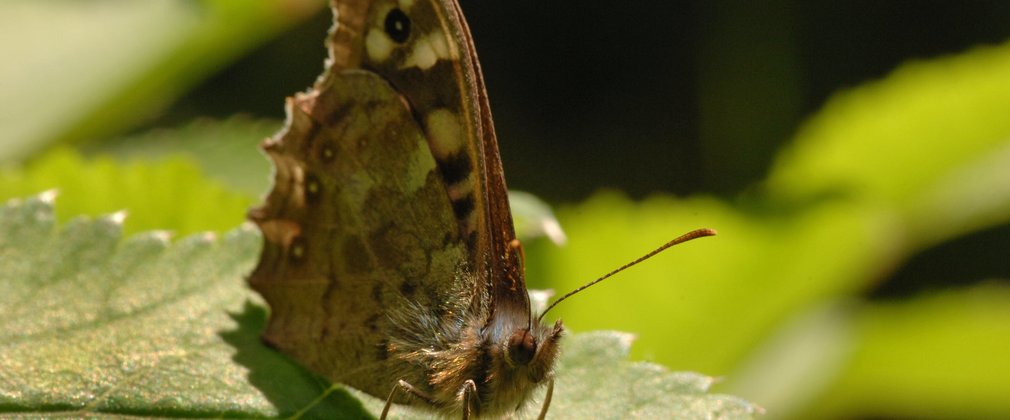
Peter Hugo is a volunteer who carries out essential monitoring work on moths and butterflies in our forests with Butterfly Conservation and will be working as a volunteer at the Big Forest Find. We caught up with Peter to hear about his enjoyment and passion working as a volunteer expert.
Firstly Peter, what’s so special about moths?
Moths are really good pollinators, and an essential part of the ecosystem. There are plants that rely specifically on moths for pollination and countless species that depend on them for survival. They’re a fundamentally important species and, being sensitive to small changes, are really good indicators of the health of the environment.
How did you get into moths?
I’ve been studying and monitoring moths since I was eight years old, and it became a lifelong fascination. I worked as a music teacher for years, and I’d always get the kids engaged in moths, butterflies and the world around us. Unfortunately for moths, they’re always trying to shirk a rather unfair reputation – but this is now changing!
How are moth populations fairing?
In short, not very well at all. Moths have declined by almost a third in my lifetime and we’ve lost some species altogether. I remember when I was younger going out recording thousands of moths a night. These days, you’d be lucky to record a few hundred. This decline in numbers can be devastating for other wildlife like bats and birds. I wouldn’t be honest if I said I wasn’t concerned.
What can people do to help?
If you have an outside space, you can create a haven for wildlife. The key is to let things grow. I describe our garden as a tidy mess, and that’s great for wildlife. We’ve had the Silver-washed fritillary breeding in the garden for 30 years! You can also help to monitor moth and butterfly populations (it’s a very worthwhile hobby!) and encourage others to get involved. We need a new army of volunteers to protect and improve our world for wildlife.
What do you get out of volunteering?
I can’t speak highly enough about volunteering. It’s something I’ve done all my life and one of the reasons why I feel fit and healthy today. But we need to get more young people involved, and citizen science can be a way of doing that. You don’t have to live in the countryside, as wildlife is very mobile and people can be engaged anywhere.
Finally, what’s your favourite moth and why?
That’s a hard one as there are around 2,500 different species in the UK alone! But it has to be the nationally rare Plumed Prominent, which can only be found at a handful of places in the country. It only comes out in November and December and the temperature has to be about 10 degrees. Each year, we organise an event in Gloucestershire and people come from all over the country to try and catch a glimpse – it’s really quite something!
